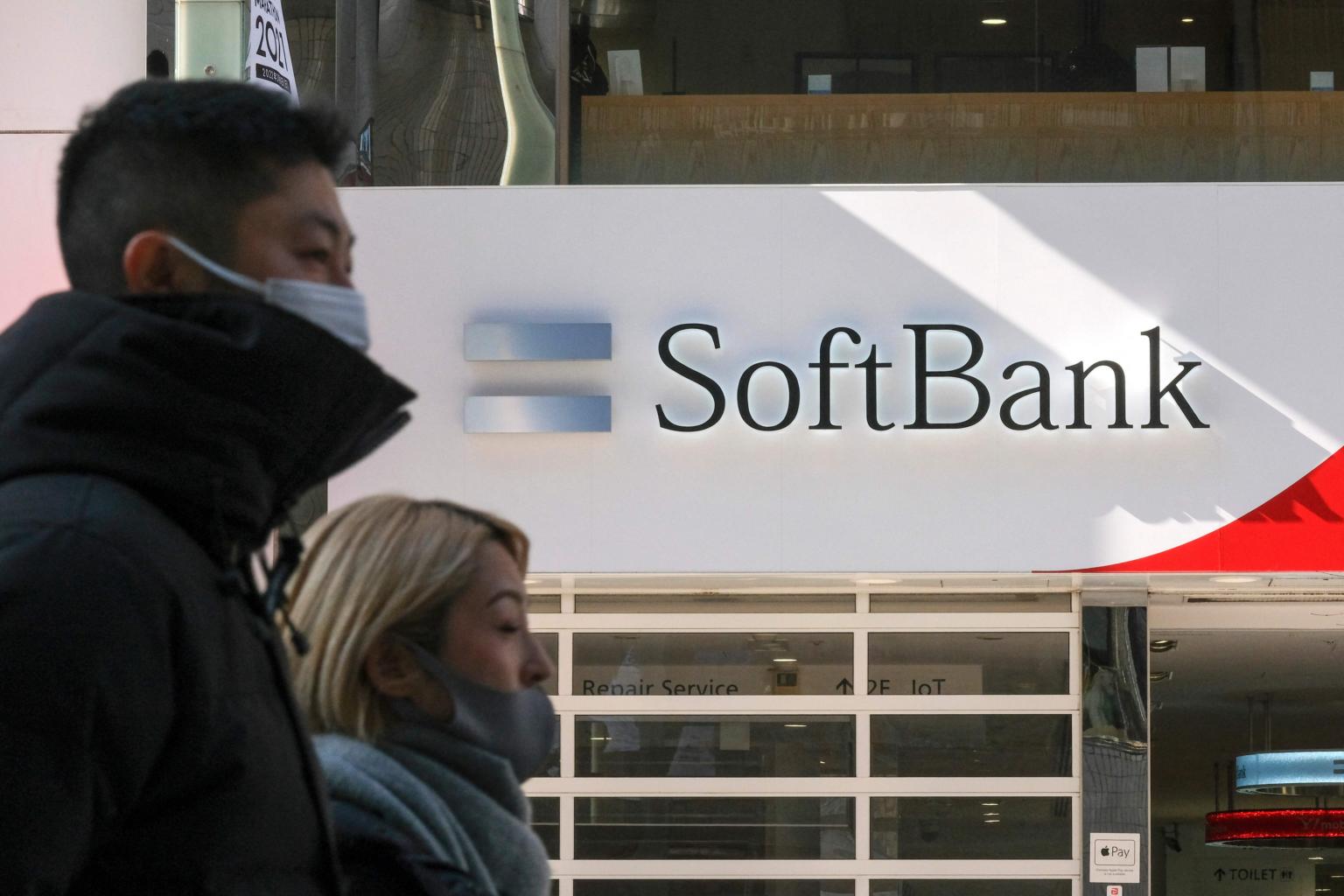SoftBank cuts back spending, leaving start-ups desperate for cash
Sign up now: Get ST's newsletters delivered to your inbox

SoftBank owns about 30 per cent of start-up Light through its first Vision Fund.
PHOTO: AFP
TOKYO (BLOOMBERG) - Start-up Light, backed by SoftBank Group, is struggling to raise funds after the world's largest tech investor baulked at putting more money into it, people familiar with the matter said.
SoftBank owns about 30 per cent of Light through its first Vision Fund, which led an injection of US$121 million (S$166 million) into the advanced camera developer in 2018. SoftBank's continued support is critical for the cash-strapped start-up, which has been spending millions of dollars to expand into self-driving technology at SoftBank's urging.
Hurt by plunging tech valuations, SoftBank is walking away from some of its loss-making portfolio firms to comply with stricter investment criteria, said the people. Many of the two Vision Funds' portolio of 300-plus companies are loss-making.
The Japanese investment firm offered to contribute money if Light could find another investor to lead the next fund-raising round, one of the people said. But with its biggest backer offering only a token amount, other investors were wary about stepping in, the person said. The start-up has hired a consulting firm to explore options, including winding down operations.
"Their purse strings are tight as they have ever been," the person said.
A Vision Fund spokesman and Light chief executive officer Dave Grannan declined to comment.
The adoption of prudence at SoftBank's Vision Fund - which rewrote the rules of venture capital by deploying billions of dollars from the sovereign wealth funds of Saudi Arabia and Abu Dhabi into start-ups - is an about-face from its past freewheeling largess.
For years, SoftBank founder and CEO Masayoshi Son persuaded start-up founders to accept Vision Fund money by encouraging them to think bigger and promising continued support to help them expand. He would often invest more money than founders were looking for if they would try to accelerate growth.
In the early years after the first Vision Fund's launch in 2017, SoftBank lifted the valuations of start-ups such as WeWork and Uber by billions of dollars, adhering to a minimum investment threshold of US$100 million per deal.
But while SoftBank's big bets on long-term growth won over hundreds of entrepreneurs, they exposed the investor to immense volatility in tech shares and mounting loans, even as its war chest of new share sales threaten to dry up.
The company next month may report its biggest-ever quarterly loss on the plunging value of its most valuable holdings, including South Korea's Coupang and China's Didi Global, estimated Redex Research analyst Kirk Boodry.
Mr Son said during an earnings call in February that the Vision Fund would continue to invest, but at a slower rate given privately held firms' lofty valuations amid a rout on publicly traded companies' share prices.
"Venture capital firms besides us are renegotiating terms with companies that are fund-raising," he said. "We are looking at the whole picture, while operating within the bounds of cash on hand."


